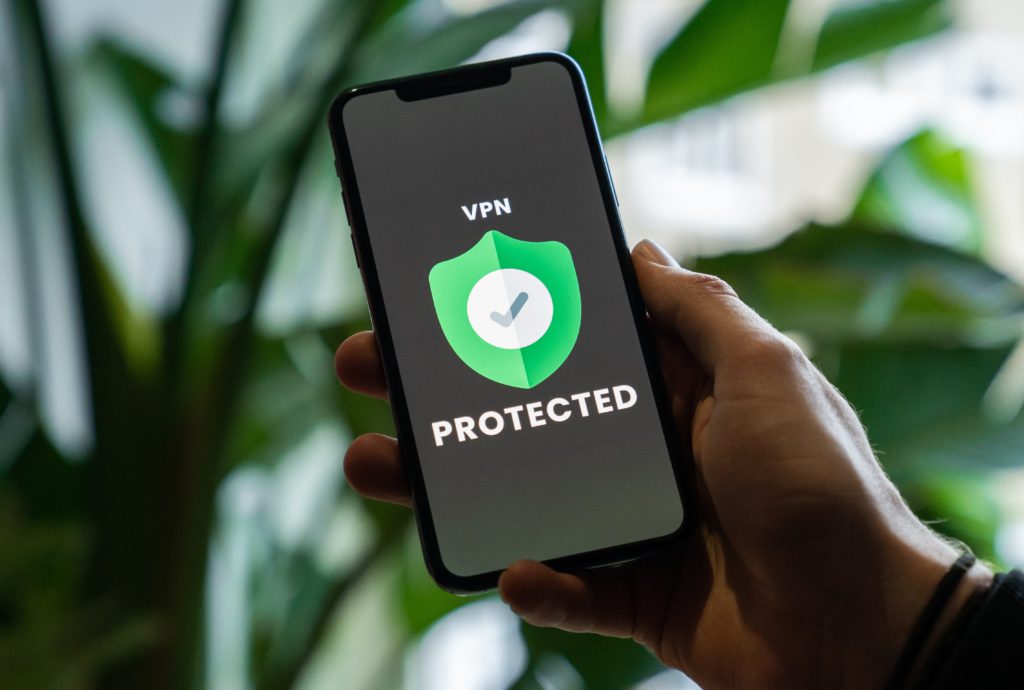Nowadays, everything we do on the Internet is tracked and sold to the highest bidder. Our data is constantly followed and purchased, so colleges and students must comprehend the importance of privacy.
If students are careless and don’t think about what they are doing, the results could bring significant problems to them and people in the school system.
Most of the people using the Internet accepted the fact that there is no such thing as privacy. On the other hand, it doesn’t have to be like that.

Student data privacy is an enormous issue, but you often don’t have the time to even think about it. Dealing with endless assignments and chores can get overwhelming and stressful. No wonder college students would rather pay for a paper when they need an expertly written piece within tight timeframes. After all, you have other important things to take care of, like getting tools to maintain your privacy.
We’re about to make it a bit easier for you. Read on to find out what you can do with privacy tools and how they can help you stay safe and secure on the Internet.
Before deciding which tool is best for you, let’s dive right into the list and see what aspects you should consider.
Accessing and Utilizing the Web Privately and Safely
Arguably, the most straightforward type of privacy protection software is Virtual Private Network, also known as VPN. With its help, you can remain anonymous and shield your data from unwanted intrusions.
A VPN is considered one of the most useful privacy tools since it encrypts data before WiFi or ISP providers can see it. Next, data is transmitted to the VPN servers worldwide and finally sent to your destination.
The best VPNs will do anything they can to protect your privacy, but on the other hand, there are some limitations you should consider. For example, you have to mind the laws of the state where the VPN provider is located. Because of the regulations, choosing the one built with the right technology is only appropriate. This way, you can connect and access content from anywhere in the world.
It is one of the many advantages that keep the VPN industry developing. Yet, choosing the right private network can be a complex task, so take your time to read the reviews and look for the best option.
Masking Your IP Address
Many servers can help you mask your IP address and make it look like you are accessing the web from various locations. These are called proxy servers and are something similar to VPNs. Still, the two are widely different when considering how they accomplish encryption tasks. Functionality is the primary distinction between proxy servers and VPNs.
These servers are best suited to low-stakes activities, and VPNs can handle high-stakes tasks. A proxy server hides your IP address, and VPN encrypts the data so nobody can access it. Because of this, proxy servers are used for bypassing IP-related restrictions, accessing geographically restricted content, and applying simple content filters.

Not Sharing Information With Third Parties
Another essential online product worth having is browser-based security. This tool can incorporate privacy tools that make sure your location, cache, browsing history habits, and Internet activity are not shared with third parties.
In most cases, secure browsers are associated with protection from hackers, deep web, and criminal activity. But an average Internet user might want to get it for numerous reasons.
Popular browsers are focused on the user’s privacy issues, and most of them have the “do not track” feature and download protection. It means such browsers are secure for average individuals now. The main idea behind a secure browser is to create an experience without add-ons.
However, be aware that some browsers with a bunch of incorporated privacy tools can lead to connectivity problems and slow down your operating system.
Protecting Your Privacy Online and Offline
Anonymous operating systems are known for supplying a rich line of defense from external threats to your data. Such a system is impossible to hack or infect with viruses, trojans, or other vulnerabilities.
An anonymous OS has features that allow you to protect your privacy offline and online. This operating system doesn’t send your information, address, or location to third parties; it is so encrypted that even the software creator cannot access your info.
Choosing a Strong Password
Lastly, the most important thing you have to take care of if you want to feel secure on the Internet is to have a strong password. Although many ignore it, this principle is the most simple and basic defense line.
A strong password won’t give you significant protection, but it is an essential first step you must take. Two main factors determine password effectiveness: complexity and length. A more extended password is typically more potent than a brief one.
It is difficult to hack a password that consists of mixed characters. You can make over 7,200 trillion possible eight-character password varieties considering characters from A-Z and 0-9 in both upper and lower cases. These passwords are incredibly tricky and hard to crack.
Aside from password security, you need to think about password management. Because every service requires a password, it may be hard to remember each one, so a password manager can help you develop complex ones and store them safely.
Final Thoughts
All students need to take care of their data privacy and security. Technology is powerful and fast-developing, and your goal should be to educate yourself and better manage tools that will help you long-term.
Make sure to invest in valuable privacy protection tools that have proven reliable. Also, stay updated on the newly emerging threats and the means of mitigating them. The task might seem tedious, but your data safety is worth it. So, take your time reviewing the best tools and thoroughly researching what suits you the most.
